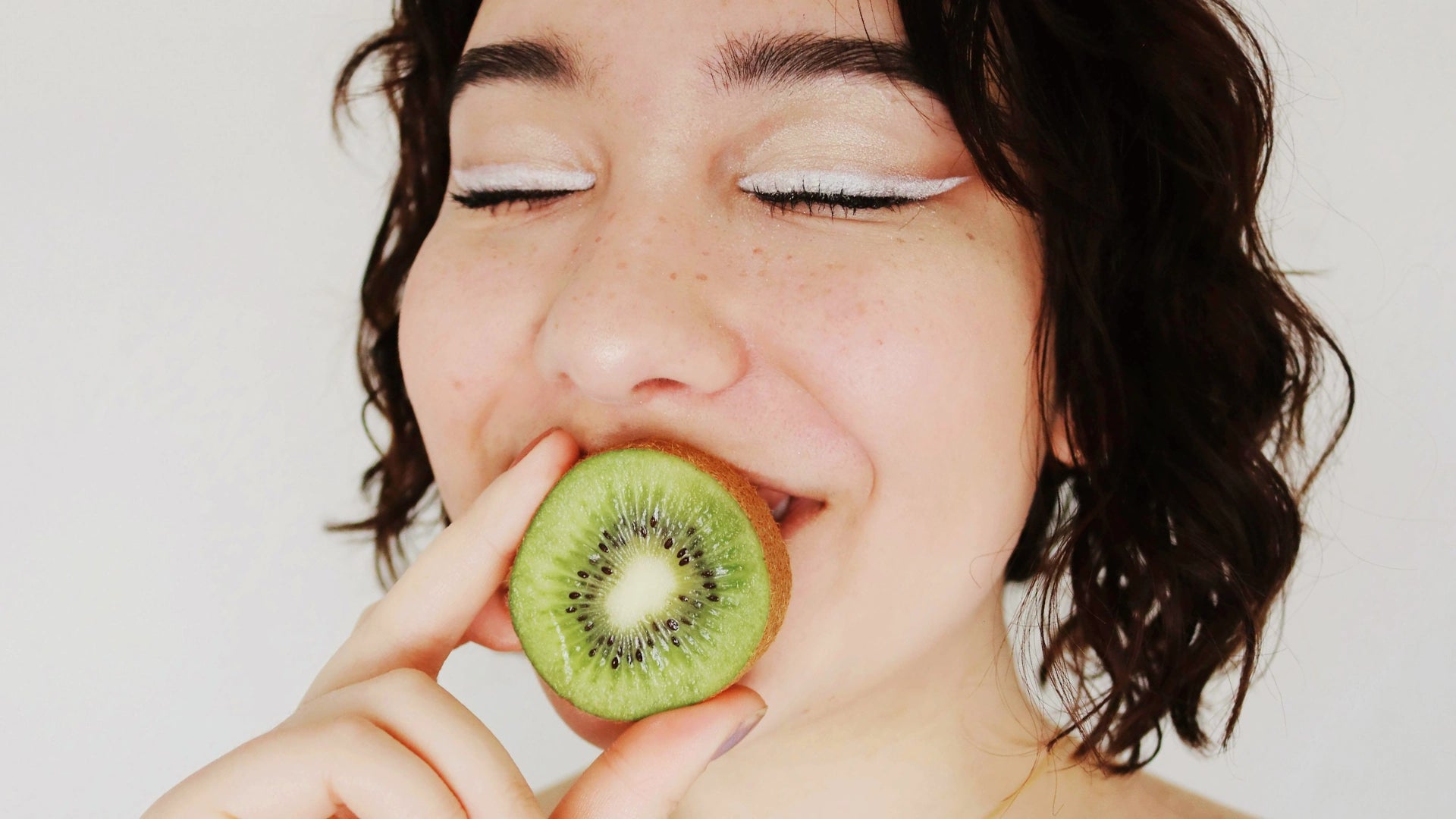While we all know the benefits of physical exercise, one thing that’s not as commonly known is that exercise also influences the gut microbiota – that is, the collection of microorganisms that live in our digestive tract, including bacteria, viruses, fungi, and other microbes.
Why is this important? The gut microbiota plays a crucial role in digestion, immune function, and overall health.
3 ways physical exercise can influence your gut microbiota:
Although further research is needed to understand the connection between exercise and gut health fully, early findings suggest that exercise might improve the gut microbiota, which in turn could improve our health. Here’s how:
1. Physical activity has been shown to alter the composition of the gut microbiota by increasing the production of short-chain fatty acids (SCFAs). SCFAs play an important role in maintaining gut health by helping regulate gut motility and the immune system and have anti-inflammatory properties.
Studies show that regular exercise increases gut microbial diversity, which means a greater variety of types of good bacteria found in the gut. A more diverse gut microbiota is generally considered to be a healthy microbiota.
2. Regular exercise helps regulate the immune system and, of course, a healthy immune system can help prevent infections and maintain a good balance of bacteria in the gut.
Researchers have hypothesized that exercise, which increases the circulation of immune cells in your blood, can help you fight infectious bacteria and viruses. In some small studies, researchers have also found that muscle contractions and movements release signaling proteins called cytokines, which direct immune cells to find and fight off infections.
3. Physical exercise supports gut motility by promoting the contraction of smooth muscles in the intestinal walls. Exercise also stimulates the release of digestive hormones such as gastrin and motilin, which help regulate gut motility.




